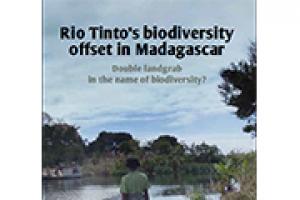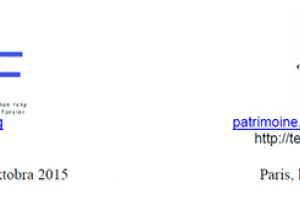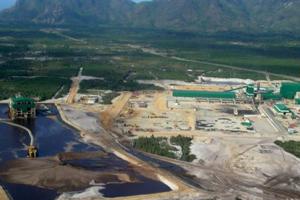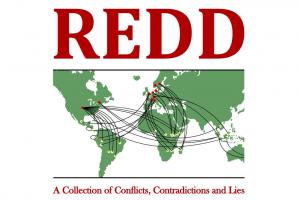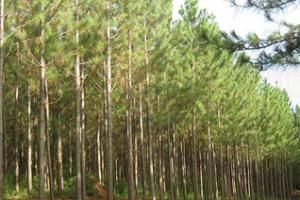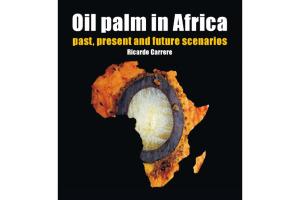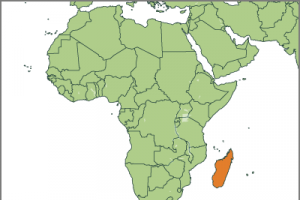On the occasion of the Rio Tinto AGM on 14 April 2016 in London, Re:Common and the World Rainforest Movement, in collaboration with Collectif TANY are releasing the report Rio Tinto’s biodiversity offset in Madagascar. Double landgrab in the name of biodiversity?
Madagascar
Publications
13 April 2016
A field report by WRM and Re:Common. Available in Malagasy.
Other information
16 October 2015
The platform SIF and Collective TANY call on the Malagasy public opinion and all citizens worldwide to sign a petition to urge the Malagasy authorities to adopt laws which secure the farmers and local communities rights on their lands.
Action alerts
16 October 2015
Ladies and gentlemen,
The Platform of the Actors on Land – SIF – and the Collective for the Defense of Malagasy Lands – TANY offer you their greetings and would like to urge you to sign a petition.
LET’S SAVE MALAGASY FARMERS AGAINST NEW THREATS TO THEIR LANDS
Bulletin articles
10 August 2015
In Madagascar, a big island of 587 000 km2 in the Indian Ocean famous for its exceptional biodiversity and for its subsoil wealth in minerals, more than 6 million hectares nowadays are classified as protected areas for nature conservation. Yet, mining areas are also numerous and expanding. These two kinds of spaces are sometimes close or superimposed.
Publications
3 December 2014
REDD: A Collection of Conflicts, Contradictions and Lies presents summaries of reports from 24 REDD projects or programmes with a common characteristic: they all show a number of structural characteristics that undermine forest peoples' rights, or fail to address deforestation. As offset projects, they all fail to address the climate crisis because by definition, offset projects do not reduce overall emissions: emission reductions claimed in one place justify extra emissions elsewhere.
Bulletin articles
10 June 2014
Mozambique is a country where tree plantations dates back to colonial times, when Portugal encouraged the planting of eucalyptus and pine trees. By independence there were 20,000 hectares of tree plantations of exotic species in seven provinces.
Publications
30 August 2013
Governments are opening the doors to corporations for planting vast areas of land with oil palm plantations. This trend is not only happening in West and Central African countries, but is even expanding to parts of Eastern Africa. Large scale oil palm plantations are already causing serious environmental and social impacts in some countries, resulting in loss of community rights over their territories.
Bulletin articles
29 April 2010
Madagascar is the world’s fourth largest island and is usually portrayed as being one of the poorest countries in Africa, with over three-quarters of its population mainly dependant on agriculture for their livelihoods.
Other information
28 August 2008
Madagascar is one of the world’s most impoverished countries. 70% of the population lives below the poverty line, the majority working in subsistence agriculture in isolated rural communities, relying on forest resources for their daily livelihoods – for firewood (42% of wood consumption), charcoal (39%) and timber (see ‘National Supply-Demand Study on Wood-based products’ http://www.frameweb.org/ev_en.php?ID=64661_201&ID2=DO_TOPIC), as well as a variety of non timber forest products.
Bulletin articles
12 October 2005
Mining giant Rio Tinto, the world's second largest diversified miner, has been given permission to open up an enormous mine on the Indian Ocean island of Madagascar that will involve digging up some of the world's most unique forest on Indigenous territory.
The $775 million titanium dioxide mining projected to be carried out in the Fort Dauphin region of the island is being developed by QIT Madagascar Minerals, a subsidiary of Rio Tinto, with 20 per cent owned by the government and support from the World Bank.
